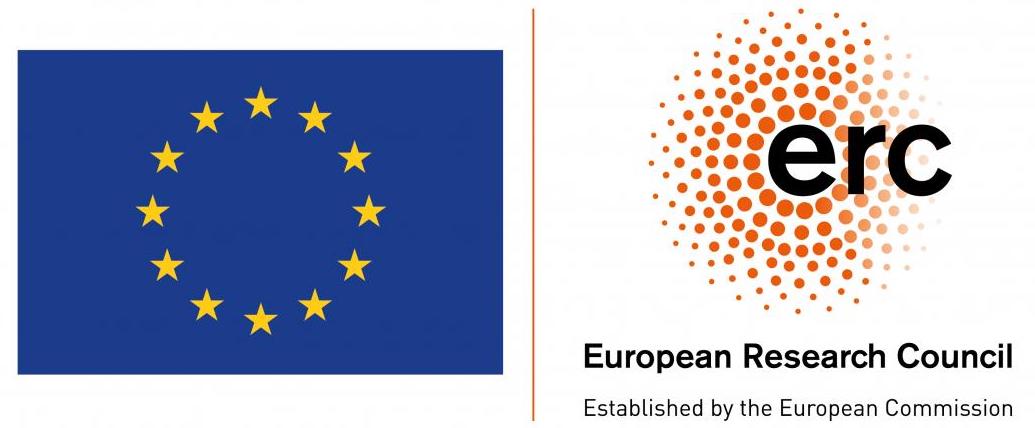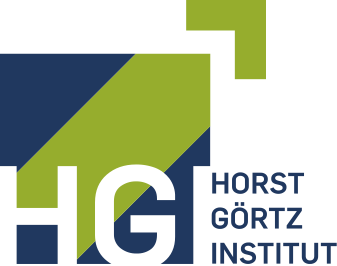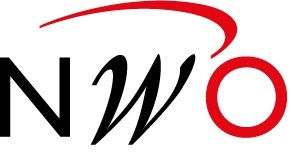Research
We work on quantum information and its interplay with other branches of computer science, physics, and mathematics.
In our research we are particularly interested in exploring the interplay of quantum mechanics and the theory of computing, by finding new algorithms and protocols for quantum computers and obtaining fundamental insight into their computational complexity.
Quantum computers do not simply compute faster, but they operate unlike any ordinary “classical” computer - this requires completely new ideas.
Surprisingly, quantum information often suggests new perspectives and innovative approaches to problems in areas that at first glance might appear unrelated. For example, tensors describe not only abstract quantum information, but also high-dimensional “big data” in statistics or machine learning, complexity classes in theoretical computer science, and the state of quantum materials or even space-time itself. In our research we apply ideas from quantum information to all these areas.
Ongoing Projects
- We are supported by the European Research Council through an ERC Grant “Symmetry and Optimization at the Frontiers of Computation” (SYMOPTIC).

- At Bochum, we are part of the Cluster of Excellence CASA and the Horst Görtz Institute.
Here we study the impact of quantum information and computation on cryptography in collaboration with researchers at RUB and MPI-SP.
Together with Giulio Malavolta we are engaged in two CASA Fundamental Research Projects: “Cryptography in Light of Quantum Information” and “Robust Certification of Quantum Devices”.


-
In the BMBF-funded project Quantum Methods and Benchmarks for Resource Allocation (QuBRA), we evaluate quantum algorithms against best-in-class classical optimization methods to identify the regime of quantum advantage, alongside an interdisciplinary consortium of academic and industry partners.
In addition to contributing to quantum algorithm development, we are leading the quantum software engineering effort of this project.
-
The BMBF-funded project Quantum Optimization Solver Kit (QuSol) takes the next step and explores how quantum computing could enhance optimization problems that are central to modern industries, such as production planning and logistics. The goal is to advance both theoretical and practical understanding of how quantum algorithms can be applied to solve complex optimization challenges.
This again is researched alongside an interdisciplinary consortium of academic and industry partners.


- We are also supported by an “Open Competition” grant by the Dutch Research Council (NWO).

- We are also involved in the new North Rhine-Westphalia quantum computing network EIN Quantum NRW.
Previously, we were supported by an NWO Veni grant and an NWA Startimpuls project (joint with S. Wehner at QuTech).
Research Directions
- Quantum Information, Algorithms, Complexity, Cryptography, Software
- Quantum Information in Many-Body Physics
- Theory of Computation, Optimization Algorithms
- Representation Theory, Invariant Theory, Symplectic Geometry